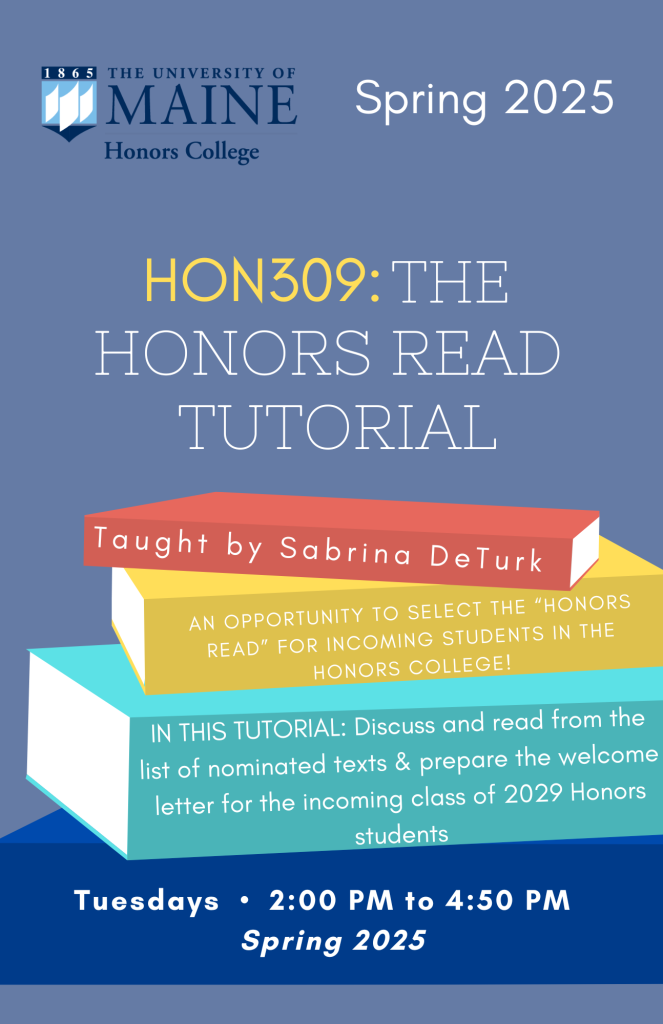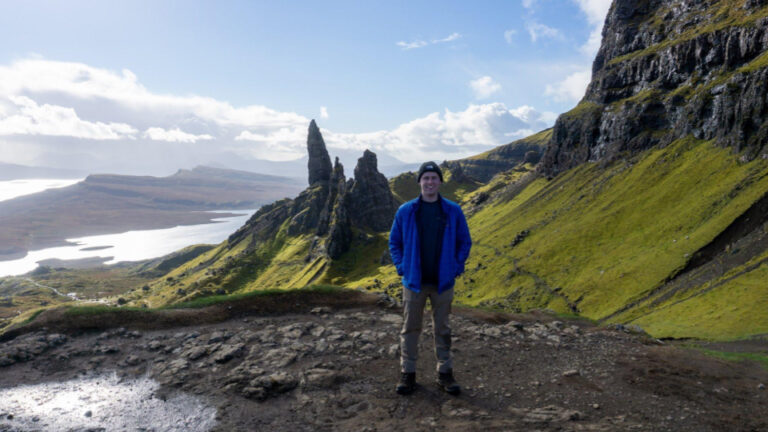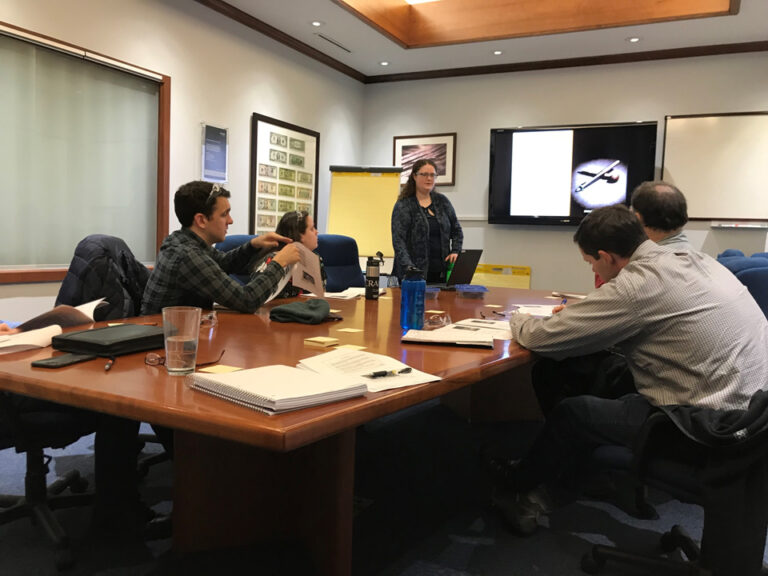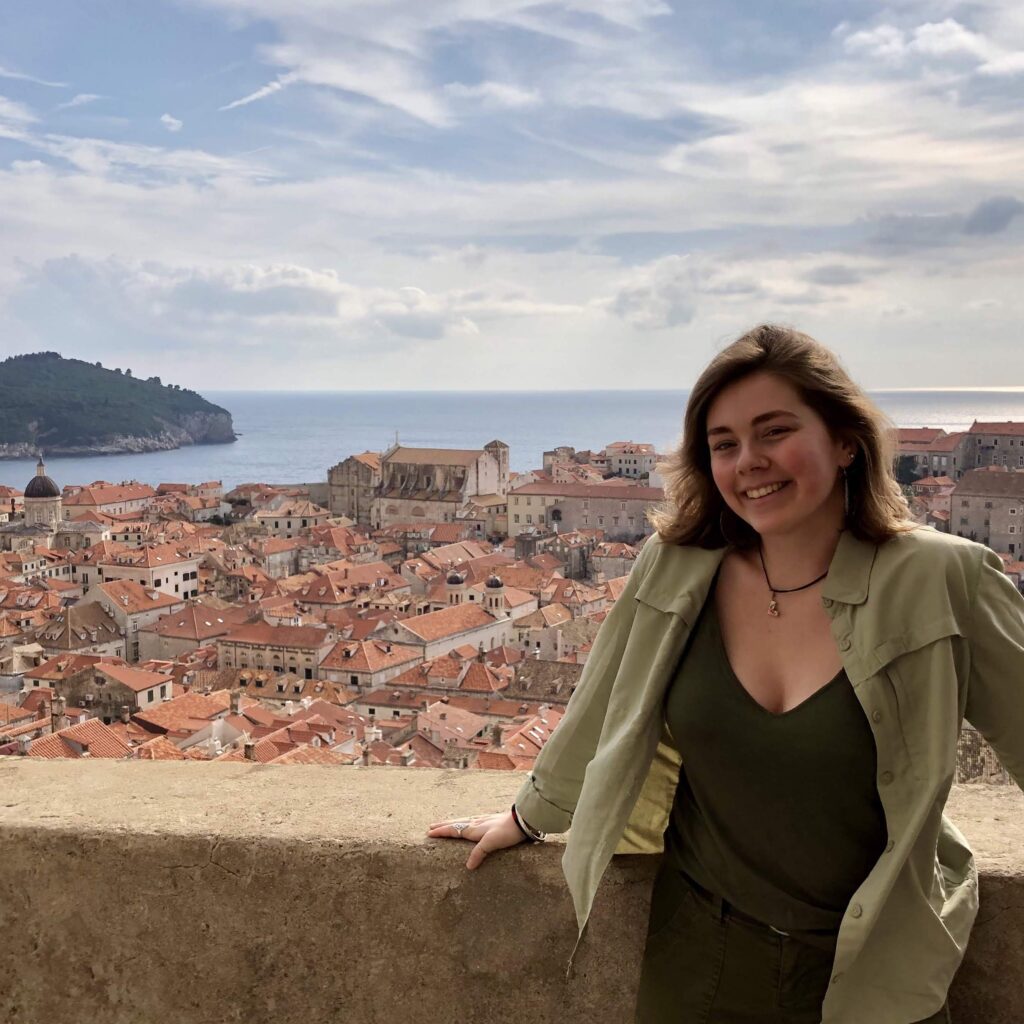The Honors Tutorial
The Honors Tutorial (Year 3)
Honors tutorials are small enrollment (up to 12), 3-credit classes that offer an in-depth look at a specific topic or theme. These courses are proposed by faculty from across campus, and the tutorials offered change each semester. To get a sense of what that means, check out our current Tutorials below.
You also have the option of completing our Tutorial Alternative in place of taking a traditional Honors Tutorial course. Examples of typically approved Tutorial Alternatives include study abroad, internships, REUs, etc. Learn more about the Tutorial Alternative here.
Spring 2025 Tutorials

HON 309: The Honors Read
Spring 2025 | Sabrina DeTurk
Tuesdays from 2:00-4:50 pm
This tutorial is an opportunity to select the “Honors Read” for incoming students in the Honors College! In this tutorial, students will discuss and read from the list of nominated texts, select the Fall 2025 Honors Read, & prepare the welcome letter for the incoming class of 2029 Honors students.
Fall 2025 Tutorials

HON 338: Religion, Culture, and Conflict
Fall 2025 | Jordan LaBouff
Wednesdays from 2:00-4:50 pm
In a small-group, focused workshop setting, you will develop your public voice through ~6 iterative cycles of writing and peer-editing different kinds of public writing (e.g., social media posts, podcasts, film reviews, public testimony, op-eds, etc.). By taking turns as writers and editors you will build a community of writers and thinkers, as well as critical skill in writing for the public, editing others’ writing, and responding to feedback. We will follow the Calderwood Seminar expectations for you to engage in rigorous drafting, revising, and commenting on your own writing as well as the writing of your peers.

HON 341: Political Empowerment and Policy Change
Fall 2025 | Rob Glover
Tuesdays and Thursdays from 2:00-3:15 pm
In this workshop-style course, students will explore the intersection of writing and political empowerment through different types of public writing: opinion columns, research briefs, policy fact sheets, book reviews, legislative testimony, and more. We will follow the Calderwood Seminar format for you to engage in rigorous drafting, revising, and commenting on your own writing as well as that of your peers. By acting as both writer and editor, you will build your own skills while forging connections with your peers. All participants will emerge as more thoughtful, empowered democratic citizens.
Here’s what students have to say about the Calderwood Seminars:
“This semester, I grew immensely in my writing skills. I was challenged to write in formats I had never attempted before…My understanding of how to give constructive feedback has significantly improved since the beginning of the semester. I now feel comfortable providing feedback, even if I am not completely knowledgeable about the topic of the writing.” -Fall 2024 Calderwood Student“I’ve grown a lot as a person this semester in my confidence. I feel much more confident in my ability to struggle with something new, stick with it, and tangibly improve. I feel more confident in sharing my opinions, which grew over the course of the term with the editorial focus of the class.” -Fall 2024 Calderwood Student
The Tutorial Alternative



Qualifications
In some cases the tutorial requirement may be waived based on a Tutorial Alternative, which is defined as:
An academic or experiential learning opportunity involving small group interaction that is not available at the University of Maine and that is pre-approved by the Dean of the Honors College.
Tutorial Alternative opportunities should include some if not all of the following:
Because the alternative is in lieu of a 3-credit course only proposals that indicate the student will spend a comparable amount of time (approximately 80 hours, which can include preparation time for the experience as well as the experience itself) will be approved.
Such opportunities include, but are not limited to, study abroad experiences, engineering cooperatives, congressional internships, participation in Semester By the Sea, cultural/language immersions, recognized summer REUs (Research Experiences for Undergraduates).
Special Course Substitutions: The following UMaine courses for students studying Nursing, Education, Child Development and Family Relations, or Kinesiology and Physical Education can be substituted as Honors Tutorial Alternatives. These course substitutions should help make it much more possible to graduate from the Honors College with these degrees.
You will still need to submit the application, enroll in HON 349, and complete the requirements* for the course, as described below.
*We understand that there can be legal restrictions on photographs during these courses due to patient or student confidentiality, etc. In these circumstances, we are able to grant an exemption for the requirement of 6 photos. If this applies to you, please simply reach out to the course coordinators when you are enrolled in HON 349 to let them know.
Instructions
Honors College students wishing to substitute an academic or experiential learning opportunity not available at the University of Maine in lieu of the third-year tutorial must:
If you have any questions about the Tutorial Alternative or HON 349, please reach out to sandra.c.tijerina@maine.edu.

